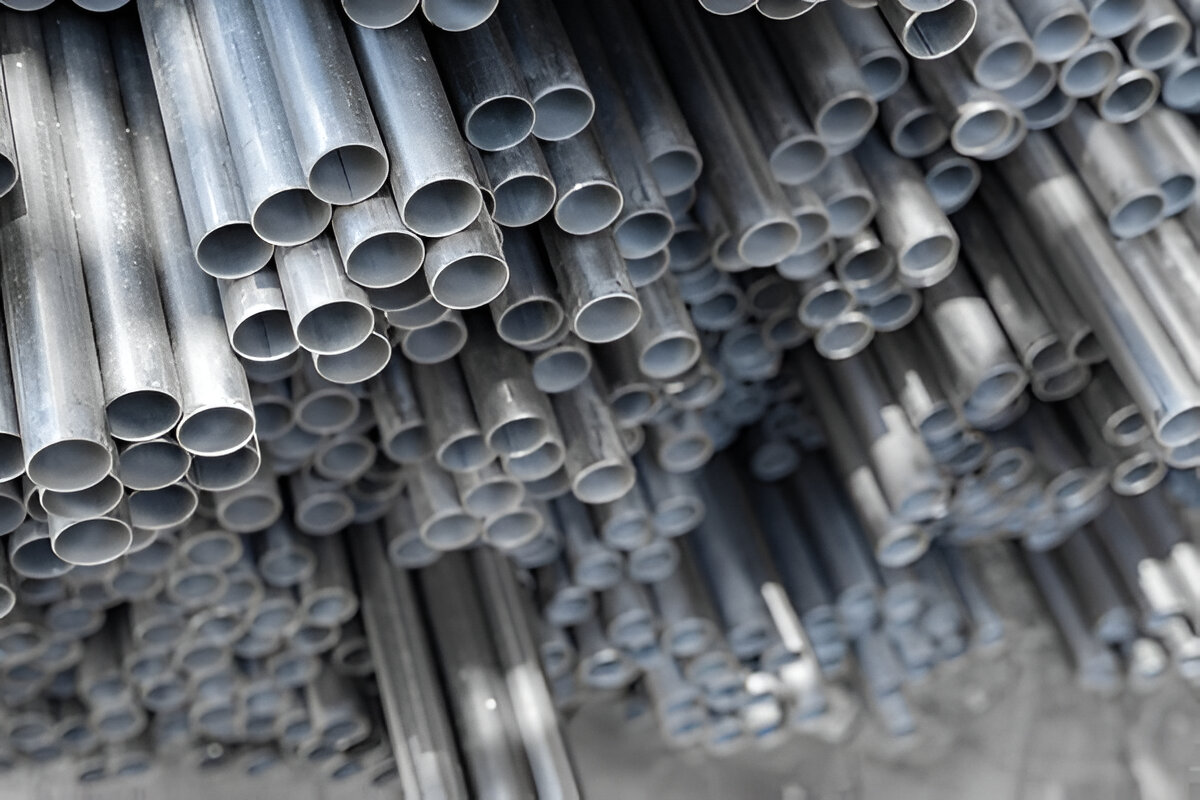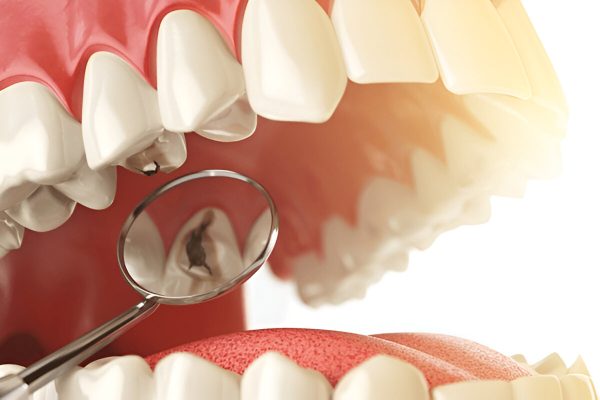In the modern world of construction and electrical infrastructure, electrical conduit pipes are more than just optional accessories. These pipes serve as the first line of defense against a range of environmental, mechanical, and safety hazards that can threaten your electrical wiring. Whether you’re wiring a new home, renovating an office, or designing an industrial facility, conduit pipes provide unmatched protection, durability, and organization.
This blog explains why electrical conduit pipes are vital for cable protection, outlines their benefits, and helps you choose the best conduit pipe for electrical wiring in Pakistan.
1. What Are Electrical Conduit Pipes?
Electrical conduit pipes are hollow tubes, often made from PVC or metal, designed to protect and route electrical wires. Installed in walls, ceilings, floors, or underground, they serve multiple roles:
- Physical protection from impact and damage
- Prevention of moisture and chemical intrusion
- Organized cable management for easier installation and future upgrades
Conduits are available in various types:
- PVC Conduit: Lightweight, corrosion-resistant, and affordable
- EMT (Electrical Metallic Tubing): Galvanized steel, rigid and fire-resistant
- Flexible Conduit: Best for areas requiring movement or irregular paths
- RMC (Rigid Metal Conduit): Extremely durable and typically used in industrial settings
In Pakistan, PVC conduit is the most common due to its balance of performance and cost-efficiency.
2. The Role of Conduit Pipes in Cable Protection
2.1 Physical Protection
- Shield wiring from cuts, abrasions, and crushing during installation or renovations
- Prevents rodent damage and accidental impact from tools or nails
2.2 Environmental Protection
- Guards against moisture, dust, and chemical exposure
- Prevents corrosion of wire insulation, particularly in bathrooms, kitchens, or basements
2.3 Fire Prevention
- Reduces the risk of short circuits and electrical fires
- Fire-rated conduit (like EMT or metal conduit) adds a layer of flame resistance
2.4 Organizational Benefits
- Keeps wires neatly routed and labeled
- Makes maintenance, inspection, and future expansion more convenient
3. Types of Threats to Electrical Cables
Without conduit protection, electrical wires are exposed to several hazards:
- Moisture and Humidity: Leads to corrosion and short circuits
- Physical Damage: From rodents, impact, drilling, or abrasion
- Heat Exposure: Wires may melt, deform, or crack under extreme heat
- Chemical Exposure: Deteriorates insulation, especially in factories
- UV Rays: Weakens insulation in outdoor installations
Electrical conduit pipes serve as a reliable defense against all of these threats.
4. Benefits of Using Conduits for Cable Protection
4.1 Enhanced Safety
- Prevents accidental shocks
- Minimizes fire risks by containing sparks or arc faults
- Keeps dangerous voltages away from human contact
4.2 Longevity of Electrical Installations
- Proper conduit use increases the lifespan of wiring by protecting it from environmental and mechanical damage
4.3 Easier Maintenance and Upgrades
- Troubleshooting is simplified with organized conduit runs
- Makes it easy to replace old cables or add new ones without damaging walls
4.4 Better Aesthetics
- Clean, hidden conduits offer a neat and professional appearance
- Avoids unsightly wires running across surfaces
5. PVC Conduits: A Smart Choice
PVC conduits are the most preferred choice for indoor and underground wiring due to:
- Non-conductivity (eliminates shock risk)
- Lightweight and easy to cut/install
- Corrosion-resistant
- Cost-effective
Keyword: PVC electrical conduit price in Pakistan
PVC electrical conduit price in Pakistan is considerably more affordable than other options, making it ideal for homeowners and contractors looking for cost-effective solutions.
6. Applications in Residential and Industrial Settings
Residential Use
- Concealed wiring in walls and ceilings
- Protection of outdoor lighting systems
- Home security systems and smart home setups
Industrial/Commercial Use
- Power distribution in factories and warehouses
- Cabling in harsh environments (heat, chemicals, or humidity)
- Structured cabling systems for telecom and data centers
In both cases, electrical conduit pipes provide structured, durable, and safe solutions for routing electrical wiring.
7. How to Choose the Right Conduit Pipe
7.1 Consider the Environment
- Use PVC indoors or underground
- Use metal conduit in exposed or high-temperature areas
7.2 Evaluate Cable Load
- Ensure the conduit size is suitable for the wire count and thickness
7.3 Compliance with Codes
- Choose conduits that meet NEC or Pakistan’s local safety codes
Keyword: best conduit pipe for electrical wiring in Pakistan
Always opt for the best conduit pipe for electrical wiring in Pakistan based on your application—don’t sacrifice quality for cost.
8. Regulatory Compliance and Safety Standards
- Local codes often require the use of conduit in specific installations (e.g., wet areas, commercial zones)
- Proper conduit use simplifies inspections
- Reduces the risk of legal or insurance issues caused by electrical faults
Conduits ensure your wiring project meets safety expectations and passes professional evaluations.
9. Common Mistakes to Avoid
- Overfilling the conduit leads to overheating
- Improper sealing – allows moisture and pests
- Wrong type selection – using PVC where metal is needed (e.g., near heat sources)
- Neglecting support spacing causes sagging or damage
Avoid these mistakes to fully benefit from your conduit investment.
10. Installation: DIY or Professional?
When DIY is Possible
- For simple indoor installations (e.g., in homes or garages)
- When using PVC conduit with basic bends
When to Hire a Pro
- For industrial applications or large-scale wiring
- When using metal conduit
- If you’re unfamiliar with safety codes
A professional ensures code compliance, proper grounding, and correct load calculation.
11. Expert Tips for Effective Cable Protection
- Use UV-resistant PVC for outdoor installs
- Label your conduit runs for future reference
- Install expansion joints in long outdoor runs
- Choose certified products for safety
- Install junction boxes at access points
12. Conclusion
Whether you’re protecting wiring in a home, office, or factory, electrical conduit pipes are an essential component of any safe and organized system. They guard against moisture, damage, and environmental hazards, while ensuring long-term performance and easier maintenance.
From the cost-efficient PVC conduit to fire-resistant metallic options, choosing the right conduit can make all the difference. And in markets like Pakistan, understanding the PVC electrical conduit price in Pakistan can help you plan your projects more effectively.
So if you’re planning an upgrade or a new installation, make sure to select the best conduit pipe for electrical wiring in Pakistan—it’s a small investment for a much safer future.
13. FAQs
Q1: Are conduit pipes necessary for home wiring?
Yes, they ensure safety, protect wires from damage, and help with future maintenance.
Q2: Which conduit is best for outdoor wiring?
PVC or UV-rated flexible conduit is ideal for outdoor applications.
Q3: What is the average PVC electrical conduit price in Pakistan?
It varies by size and brand but typically ranges between PKR 20–60 per meter.
Q4: Can I install electrical conduit pipes myself?
Yes, simple installations can be DIY, but complex or industrial setups should be done by professionals.
Q5: How do I choose the best conduit pipe for electrical wiring in Pakistan?
Look for certified materials, correct sizing, and ensure they are suited for the installation environment.






